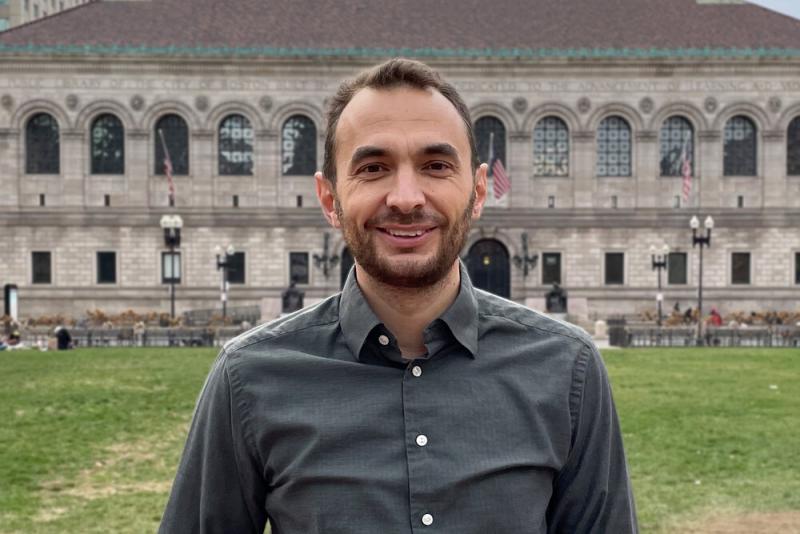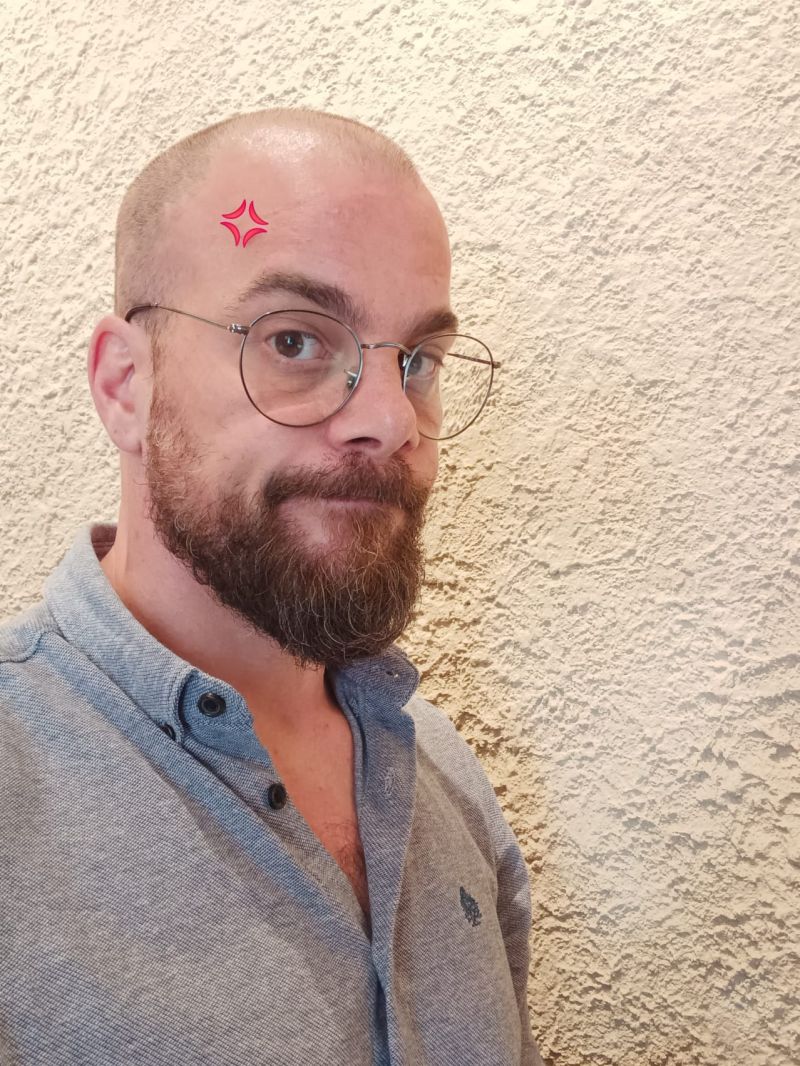Today, I decided to dig into this “frederic clerc” thing. I’d seen the name pop up a few times, and, well, I got curious. So, I started where everyone starts: a simple search.

First Step: The Search
I typed “frederic clerc” into the search bar and hit enter. I got a bunch of results, some about a musician, some about a rugby player, even a researcher. It was kind of a mess!
Narrowing It Down
I realized I needed to be more specific. What was I actually interested in? Since I’m into coding and algorithms, I figured I’d focus on that angle. So I added “particle swarm optimization” to my search, since I’d seen his name connected to that before.
Second Step: The PSO Connection
- This time, the results were much better. I found some papers, some presentations, and even some code snippets, all related to something called “Canonical Particle Swarm Optimization”. It looks that’s his big contribution.
Getting My Hands Dirty
I’m not one to just read about things. I like to get my hands dirty. So, I decided to try and implement a basic version of this “Canonical PSO” myself. I found a couple of decent explanations online, and started coding.

Third step:The code
I started by defining the basic structure – particles, velocities, positions, all that stuff. Then, I set up the main loop, where the particles would move around and update their positions based on their own best-known position and the global best-known position.
I used a basic fitness function that that just used a few simple data points, and that’s it!
It took a bit of debugging, and couple times the screen was empty and I thought what the heck. Then I changed a number and they started to do their dance. It wasn’t perfect, but it was working! My little particles were swarming around, trying to find the best solution. I felt like a proud parent watching them go.

Wrapping Up
So, that’s my little adventure with “frederic clerc” for today. I went from a vague search to actually coding up a simplified version of something he’s known for. It’s not going to win any awards, but it was a fun little project, and I learned something new. That’s what it’s all about, right?
